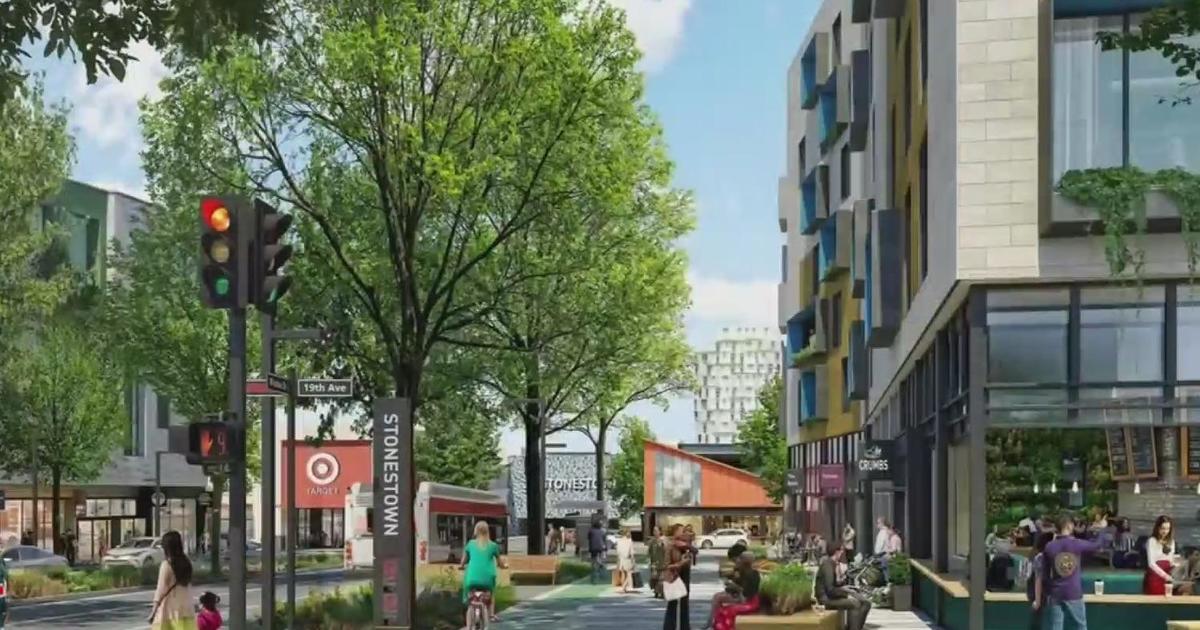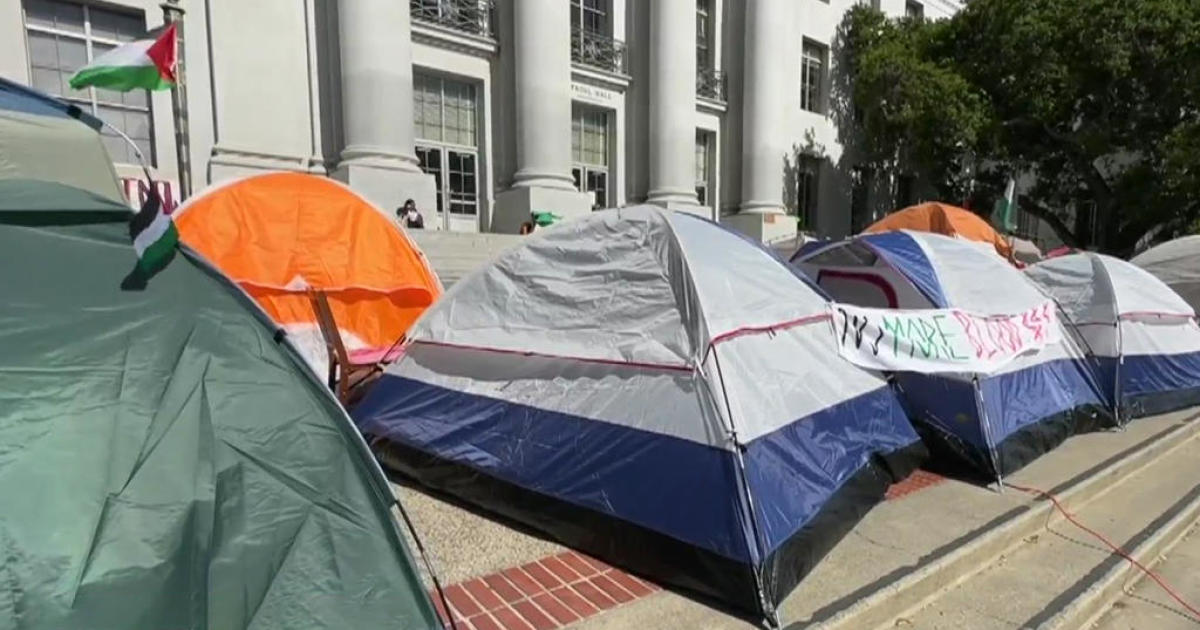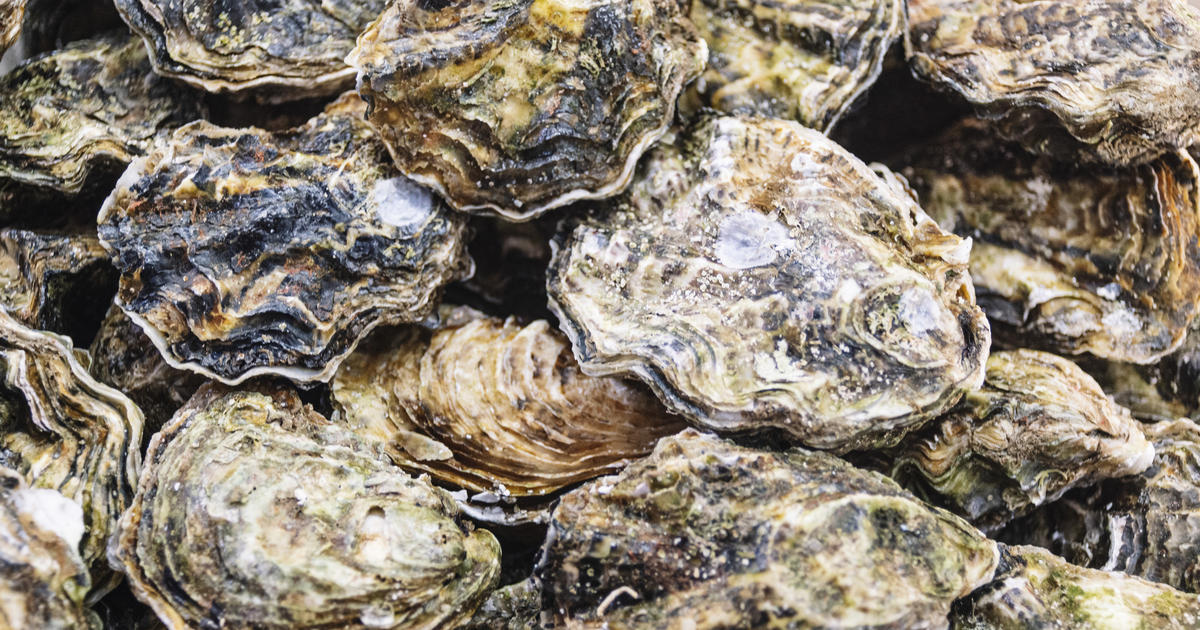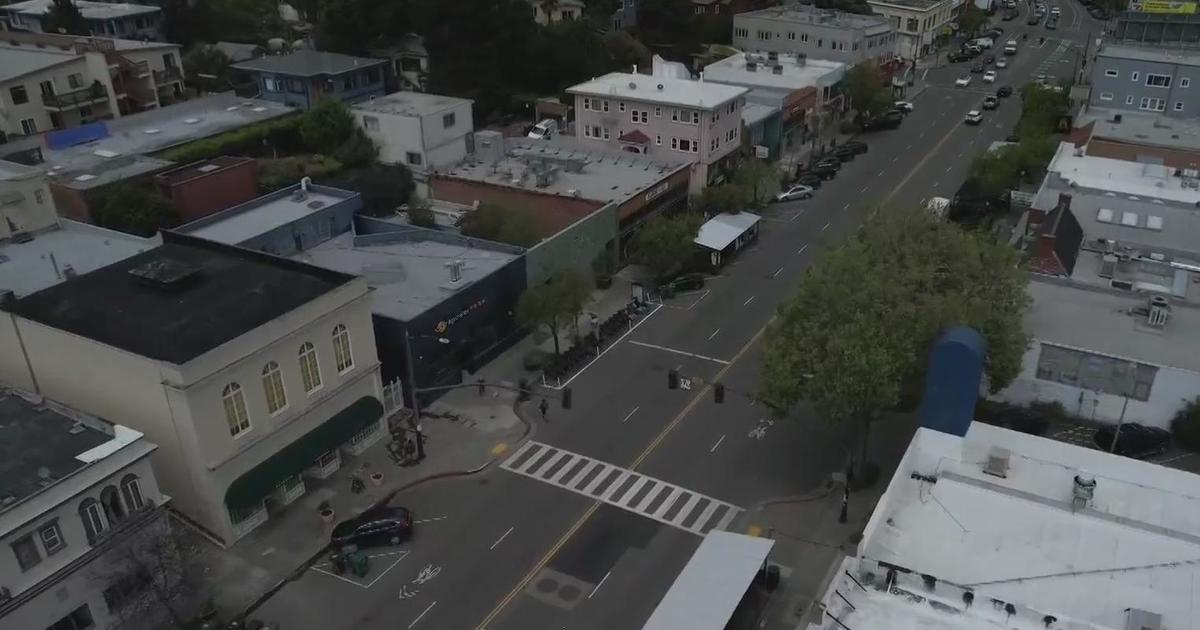COVID: Modest Post-Fourth Of July Surge Likely Due To Travel, Gatherings
SAN JOSE (KPIX) -- For many Californians, this 4th of July holiday weekend marked their independence from the coronavirus, freeing them to travel, celebrate and socialize with a wider circle of friends and family than at any time during the pandemic. Health experts are concerned this Independence Day may be followed by a boom in COVID-19 cases.
The highly contagious Delta variant is sweeping across the nation, which now accounts for one in four coronavirus cases. The variant has become the dominant strain in five U.S. states, including California.
"If you're not vaccinated or not completely vaccinated you should be very, very concerned," said University of California, Berkeley Prof. and infectious disease public health expert Dr. John Swartzberg. "This is a very, very transmissible virus, much more so than anything we've encountered. So if you're not vaccinated there's a high chance that you're going to get infected with this virus."
The Delta variant is to blame for a surge in cases in Missouri, making the state's case rate the highest in the nation. The state also has low vaccination rates.
California reopened last month to fewer restrictions and got rid of its colored-tiers. Since then, COVID-19 cases have crept up in almost all nine Bay Area counties, including Alameda, San Francisco and Santa Clara counties. Swartzberg said it's the price Californians will pay for reopening.
But he said the state's high vaccination rate will protect Californians from a surge that we saw after last Fourth of July, when cases and deaths spiked dramatically.
"There are places in the country where we have low vaccination rates where we are going to see serious problems," Swartzberg said. "Not in the Bay Area. Frankly, not in almost all of California. We'll see cases, we're going to see a rise in cases, there's little question about that. We're already seeing it, but we're not going to see anything that is going to be anything approaching catastrophic."
The holiday weekend saw families and friends gathering, and many for the first time without masks or social distancing.
"It's our first trip away from home. We're from El Centro, California. That's about two hours east of San Diego. It's about a ten hour drive," says Ivan Romero.
The father of two says he still wears a mask because his young children are not eligible for the vaccine yet.
"We're using our mask until our children are able to get vaccinated as well," says Romero. That note of caution is a sign that some vestiges of our response to the pandemic like masks might linger on for weeks and months to come even among the vaccinated.
"I could still have it with vaccination. It just means that my condition is better. And I could still pass it on to other people. And if I was the cause of somebody dying because of COVID, that would be horrible," says Jim Mathews.
Mathews says he is socializing and spending time with a large group of family and friends but only on the condition that everyone is fully vaccinated.
Public health officials say increased travel and social gathering over the 4th of July holiday will likely lead to a modest uptick in cases.
"It is undoubtedly the case that we will see an increase in cases. The writing is on the wall. I also believe on the other side we won't see a terrible increase in hospitalization," says Dr. Peter Chin Hong, an infectious disease expert with UCSF.
There were a number of people at San Jose's Rose Garden who were wearing masks in public even though mask requirements were lifted statewide several weeks ago. People say it's a transitional time in which they are slowly figuring out how to emerge from a pandemic that paralyzed society for more than a year.
'We found ourselves in an indoor place to eat which we hadn't done. You sit there and at some point you go, 'What am I doing here?' Even though you're with relatives. You go, 'I haven't been in a spot like this for two years,'" says Linda Newhouse who was visiting the Bay Area from Visalia.
Marissa Mowen traveled to Las Vegas, Nevada for Independence Day. She said she's traveled since last year, and has very little concern over the Delta variant.
"We had a cabana two days in a row," Mowen said. "I hopped off the plane, didn't wear my mask, didn't worry about anything. Everything was good and going back to normal."
However, Cindy Moore said although she's vaccinated she still takes precautions. Moore also traveled to Las Vegas for her birthday.
"Being vaccinated isn't a 100% you're not going to get something," said Moore. "We're always wearing our masks, always social distancing, always making sure that we use hand sanitizer."
"The most important thing we can do is get vaccinated, but on top of that if you're indoors with people and you don't know if they're vaccinated or not, just wear a mask," Swartzberg said. "That's going to protect you considerably, and that added to your vaccination status, is really going to help."
Maria Medina contributed to this report.



